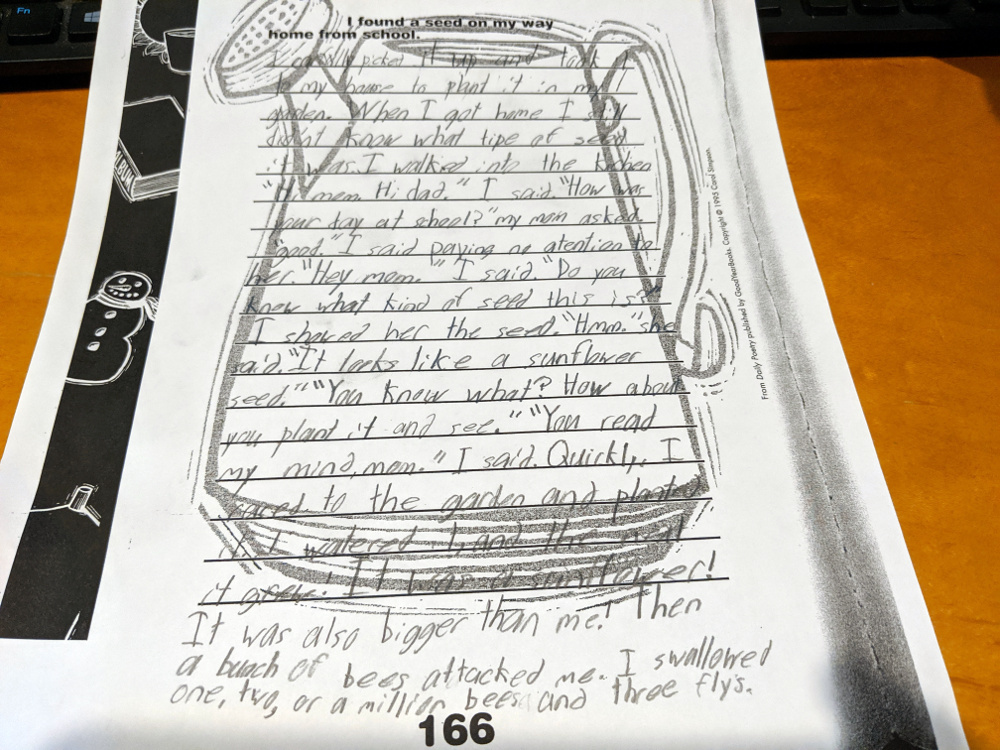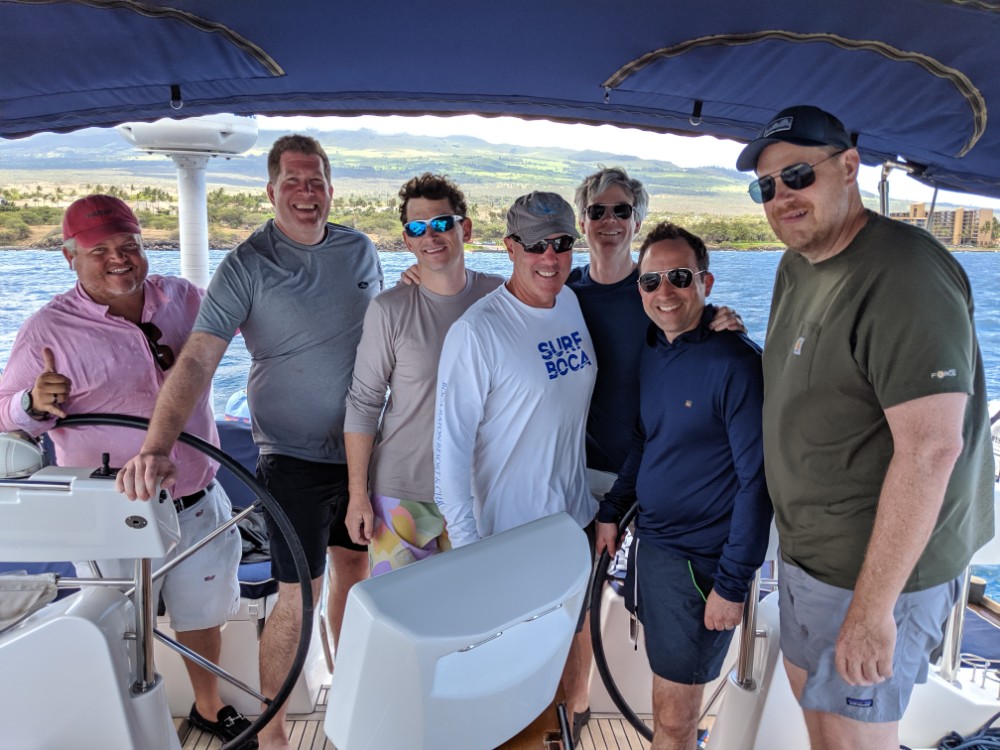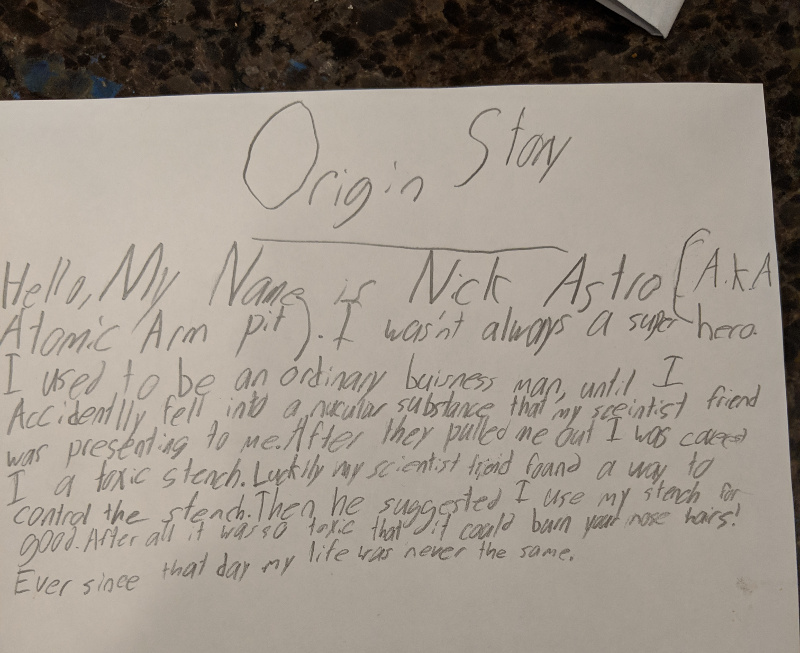I started reading Neal Stephenson’s latest novel over breakfast at the Four Seasons resort in Maui, where I was attending the wedding of a friend from college. That was really kind of the perfect setting in which to be reading the early chapters of this book, which follow the tech zillionaire Richard “Dodge” Forthrast (one of the main characters from Reamde) through the course of a morning. Stephenson has a knack for describing the everyday lives of quirky rich people in a way that’s both sharply observed and highly entertaining.
As I said on Twitter at the time, I could read Stephenson in this vein more or less endlessly, which is why I buy and read his books right away. The problem is, he can’t or won’t write in that vein endlessly, but insists on trying to do other things, too. And that’s where we run into trouble.
The “quirky rich people going about their business” thread does continue for much of Fall, and it’s very successful for almost the entire time. There’s some plot to this– Dodge dies, and his family is horrified to discover that his will requires him to be cryogenically preserved, whereupon there’s a whole bunch of legal maneuvering to find a better alternative, all of which is weirdly entertaining. There’s also a weird interlude about a terrorist attack on Moab, UT that doesn’t make a great deal of sense, but is fun to read, and some amusing stuff about tech-y academia. About the only thing that doesn’t work in the real-world segments is a near-future bit that’s supposed to be satirical but is way too ham-handed about it for my tastes.
The problem comes about a third of the way in, where they switch on a digital simulation of Dodge’s brain (which was scanned instead of frozen), and the book develops a parallel thread about Dodge’s experiences inside the simulation, as he creates a virtual world for himself. These are written in a style that’s (intentionally, I assume) reminiscent of a “modern” translation of the Bible, and a lot of the incidents parallel stuff from the Old Testament, in a way that I can see a certain group of readers finding really clever. Sadly, I mostly found those bits kind of tedious, and would sort of skim-read to get back to the sections where the real-world characters (and their lawyers) react to what’s going on in “Bitworld.”
Then in the final quarter or so of the book, it switches to an entirely different plot, which is basically an epic fantasy novella about a new group of characters within the Land created by Dodge (who was calling himself “Egdod” at the time) going on a Quest. As epic fantasy novellas go, it’s perfectly enjoyable– way better than the previous sections in the Land– but it’s kind of an odd shift.
And then, because this is a Neal Stephenson novel, it comes to a weirdly abrupt end that isn’t all that satisfying. There’s a coda that works reasonably well, but the actual resolution of the plot didn’t make much sense; it’s possible there was some clue buried earlier that would explain it, but by that point, I didn’t care enough to go back and look.
I don’t know exactly how to describe the problem I have with Stephenson, or how to fix it. It basically comes down to there being too much in them. Not in the sense of page count, but that they feel less like coherent novels than collections of cool scenes he happened to think of during the period he had marked “Write Next Book” on his calendar. That’s clearly not entirely true, as there are enough hints about later bits planted early on to show that there’s some overarching structure, but it has that feel
In some ways, this book has the same problem as Seveneves did: There’s a really obvious place where it could be split into two books, each of which would likely be stronger for not being stuffed in the same package with the other. The ending of the first bit of Fall isn’t as good as the ending of the first bit of Seveneves (which if it had been a stand-alone would’ve been the first really good ending in the Stephenson catalogue), but I think that would be fixable. And the final epic-fantasy-novella section could easily have been made to stand on its own, in the same way that the “several thousand years later” section of Seveneves could’ve.
I think there’s a sense in which Stephenson is ill-served by being a genre writer. That is, being in the SF field creates some expectation for grand sweeping plots in which Big Things Happen and lead to some kind of resolution. The ideal vehicle for his talents would actually be the kind of plotless modernist novel you find in literary fiction, where nothing particular happens but the setting and characters are sharply observed and cleverly written. He really ought to be, I don’t know, David Foster Wallace or Don DeLillo, but feels obliged to try to be Robert Heinlein (early Heinlein, that is), and that’s where his books inevitably go wrong.
(As an aside, in a lot of ways, William Gibson has a similar skills/genre mismatch, but manages it a lot better. That is, the overarching plots of Gibson novels rarely make much sense, but the bits where the characters move around through the world are so much fun that it doesn’t matter all that much. I think Gibson just has a better eye for the exact right amount of detail to put in the frame to make a clean and elegant picture, while Stephenson can’t resist throwing in all sorts of weird Hieronymous Bosch shit all over the place.)
Anyway, to wrap this up, Fall is pretty much exactly what I expected going in. The good parts are really good, while the other parts are a bit much. It’s a Neal Stephenson novel, with everything that implies, and I’ll buy the next one, too, knowing full well what I’ll get.



